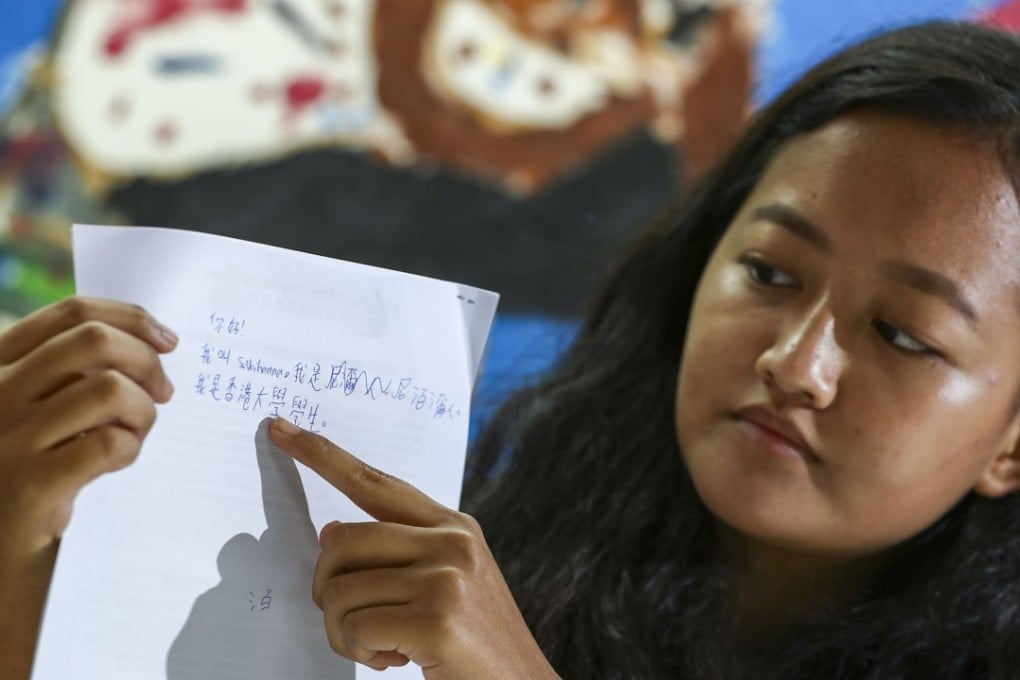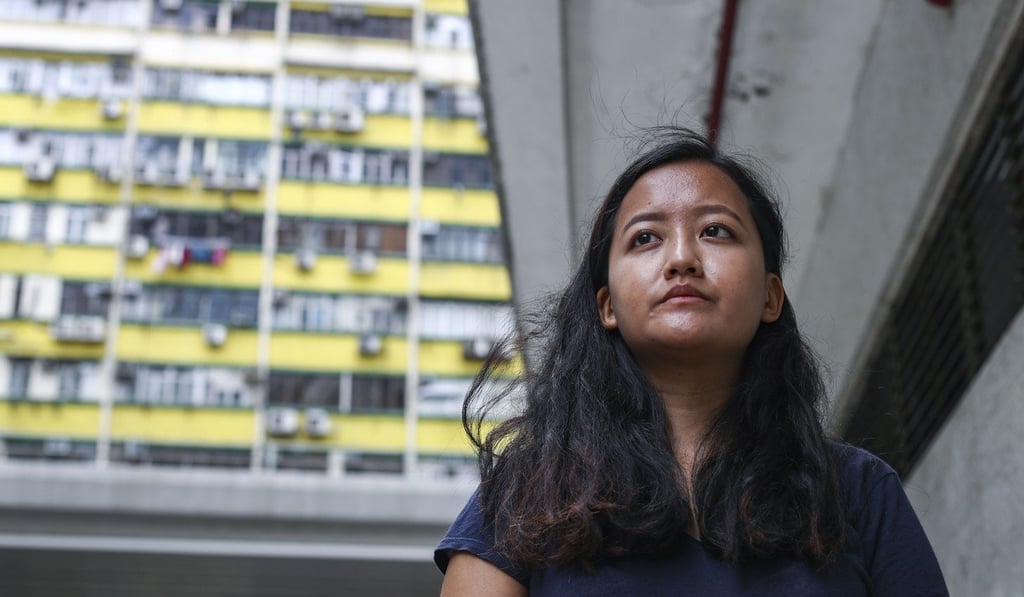Advertisement
Hong Kong-born Nepali, 21, to speak at UN about local ethnic minorities’ fight against racial discrimination
HKU fresh graduate Suskihanna Gurung taking part in NGO delegation to Geneva to raise points about local school system and effect on job searches
Reading Time:3 minutes
Why you can trust SCMP

A young woman from an ethnic minority group in Hong Kong will for the first time bring the fight against racial discrimination in education and jobs to a UN committee in Geneva next week.
Suskihanna Gurung, 21, who graduated from the University of Hong Kong earlier this year, will take part in an NGO delegation, meeting experts and members of the UN Committee on the Elimination of Racial Discrimination.
The committee will hold hearings on August 10 and 13 to assess how Hong Kong has implemented provisions of the International Convention on the Elimination of All Forms of Racial Discrimination, which the city has been party to since 1965 when it was still a British colony.
Advertisement
It submitted its third update to the committee in April last year.

Advertisement
Gurung said one of the points she would raise in Geneva concerned Hong Kong’s school system, where ethnic minorities struggle with learning the Chinese language, as teachers are not equipped to teach it as a second language. This means many students struggle with spoken Cantonese and find it difficult to obtain better-paying jobs.
Advertisement
Select Voice
Select Speed
1.00x